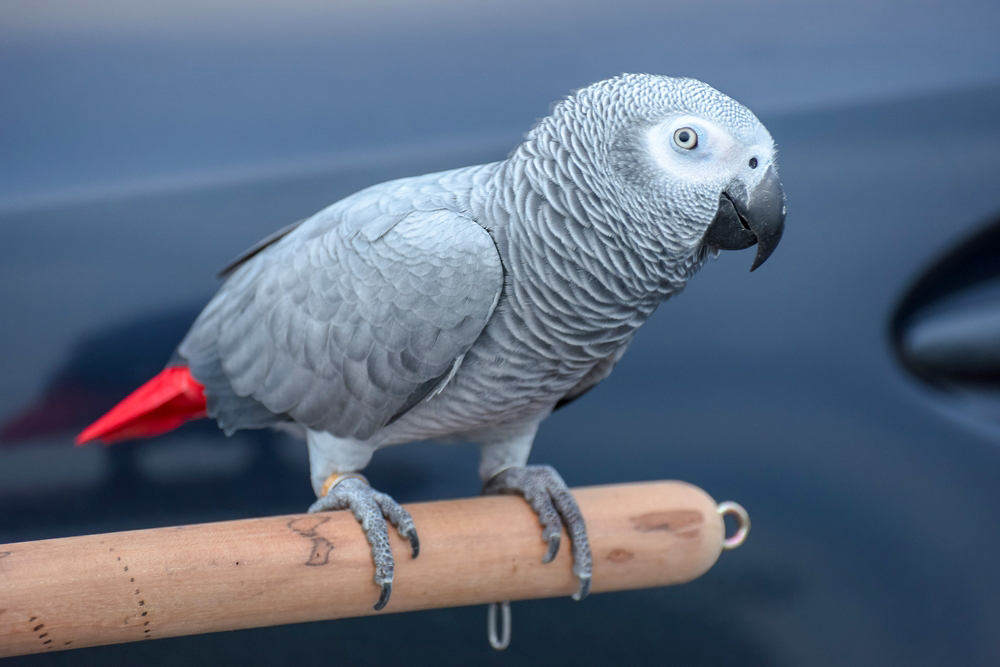FAQ
Most frequent questions and answers
You can find out how to apply for a bird here
Please contact us and we will endeavour to help you.
- RehomeCare Ltd is not a shop – we do not sell birds. We are a charity that does vital work to rehome and rehabilitate sick or lost birds and birds whose owners can no longer care for them. We ask that everyone who is interested in fostering one of our birds becomes a member and supports the work RehomeCare Ltd does.
- Without membership fees, we wouldn’t be able to run the rescue, take in sick birds, and pay for vet bills, new cages, and essential equipment like avian lamps, perches, and toys (if necessary). Sadly, many birds come to us in poor health or with unsuitable equipment.
- By the time someone is selected to have a bird, they have used many of the charity’s resources, which cost money to provide, such as the website and helpline. Our volunteers will have spent several hours making phone calls and traveling (often many miles) to conduct home visits.
- Costs are spread across everyone interested in adopting one of our birds, and the membership fee helps to cover some of these hidden costs, ensuring that RehomeCare Ltd can continue running year after year.
- One Rehoming officer does all the calls for an allocated bird, so they can get a feel for the applicants and help the committee decide which one would be the best match.
- If a bird has ten applicants, that’s ten hours of phone calls, so this process is somewhat lengthy.
- The process is lengthy, and multiple applications would result in multiple Rehoming Officers calling you and duplicating questionaires.
- If you pass your homecheck, but were not successful in your application for a particular bird, you will be considered for another, who may or may not already be on the rehoming list.
- If more than one application at a time is made, the additional applications will be disregarded.
- The main purpose of a home check is to check your circumstances are suitable for a bird, and to ensure certain health and safety aspects are either in place, or you are committed to establishing them. Your home doesn’t have to be spotless or super tidy, but it does have to be hygienic and not have so much clutter that it could injure the bird. We will ask to see your ID, have a friendly chat and ask you to show us around your home.
- Points we usually address in home checks and follow ups are:
- Safe window and door openings.
- Exposed wiring, which should be adequately covered or concealed.
- Non-stick pans or electrical items with Teflon (air fryers, irons, waffle makers).
- Lethal detergents such as bleach, spray polish etc.
- Toxic plants, cigarette smoke, e-cigarettes, drugs, air fresheners, essential oils, fragrances, perfumes, aerosols, solvents that may be present.
- Heating systems which emit fumes e.g., paraffin, log burners, gas.
- Level of knowledge, research and willingness to learn and accept advice. You may find our fact sheets helpful.
- Willingness to accept advice on bird nutrition, health, safety and care.
- Ability to use an avian certified vet, e.g., because it is too far away, no transport or friend/family to help with transport etc
- Cleanliness, condition and suitability of existing bird equipment.
- Willingness to cope with destructive behaviour from the bird.
- Suitability of living arrangements to cope with bird noise, e.g., a loud cockatoo in a flat.
- A separate space to ensure dogs, cats and other predator animals are not able to be in contact with birds when they are out of their cages.
- We give applicants the opportunity to rectify any issues, and improve their knowledge before making a final decision.
- There are so many birds that desperately need a new loving home.
- A baby bird may completely change when it reaches sexual maturity. It may prefer one person in the house to the exclusion of all others. It may start to bite or scream. With our birds, you will get a behavioural assessment, history (to the best of our knowledge), help, advice and support to ensure they are the best companion ever.
- Some disreputable breeders or pet shops sell birds which are sick and encourage breeders to add to the overpopulation of pet birds which is not helpful.


